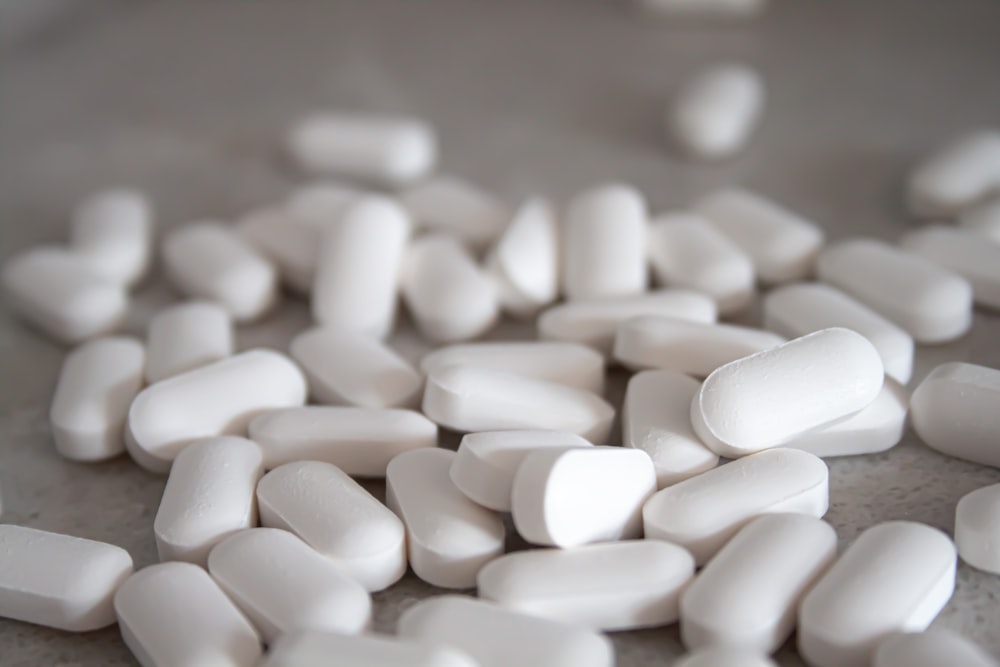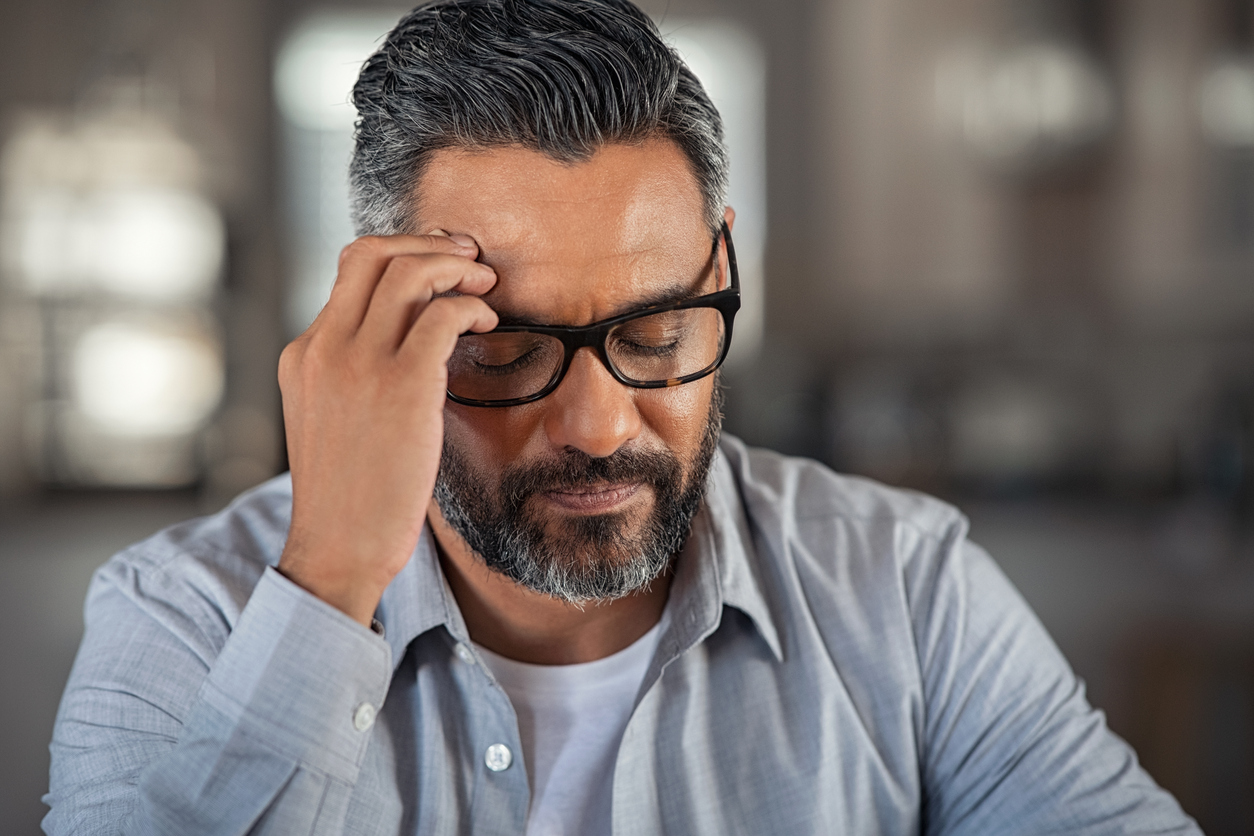Long term abuse of addictive drugs like hydrocodone can deteriorate your physical and mental health. Learn in this article how you can avoid hydrocodone overdose.
There is a wide variety of drugs being sold legally and illicitly in the market. This includes prescription medicines, over-the-counter pills, and illegal drugs. These chemical substances change the way your body and mind work.
While some of these are helpful in treating certain diseases when used as prescribed, misusing or abusing them can lead to addiction. When you’re dependent on a substance, you feel that unexplainable drive to consume it despite its risks.
Drugs can quickly take over your life when not addressed immediately. Abusing them can cause numerous short and long-term health effects.
This includes changes in appetite, sleeplessness, palpitations, changes in cognitive ability, depression, panic disorders, increased aggression, and hallucinations. In addition, you may experience an array of problems like lost productivity, financial problems, poor relationships, and other socio-economic consequences.
One of the drugs being widely abused today is hydrocodone.
What is Hydrocodone?
Hydrocodone is an opioid pain medication usually prescribed by doctors to alleviate moderate-to-severe pain for postoperative patients, patients with trauma, and patients with cancer.
This works by connecting to receptors in the brain, weakening or blocking pain signals. However, it is possible for addiction to develop once these opioid receptors turn off the GABAergic neurons.
Once the GABAergic neurons are inhibited, the pleasure pathways are filled with another neurotransmitter known as dopamine. This can cause a burst of happiness at the nucleus accumbens, and reduce anxiety and tension as it enters the amygdala. Both of these situations perpetuate the notion that opioids are pleasurable.
When this drug is taken for a long time, it can cause mental or physical dependence. What’s worse is it could even lead to a hydrocodone overdose.
What Are The Effects of Hydrocodone On The Body?

Source: Unsplash.com
Long-term use of hydrocodone not only alters brain function but can also have significant effects on one’s mood and cognitive habits. Individuals taking it for an extended period are more prone to suffer from insomnia, liver or kidney problems, depression, and anxiety.
Ingesting a large amount of this drug can also result in a hydrocodone overdose. If the body cannot metabolize all opioids in its system, respiration and heart rates may become dangerously low. It could stop breathing in a matter of minutes, causing hypoxia or the deprivation of oxygen in the brain.
How Much Hydrocodone is Too Much?
Every individual has their own required safe dosage. It usually depends on the doctor’s orders as well as the patient’s size, tolerance, and medical history.
The U.S. Centers for Disease Control and Prevention (CDC) mentioned that opioid dosages as low as 20 to 50 MME (morphine milligram equivalents) could cause an overdose. Anything over 90 MME could be fatal.
Given its high possibility for abuse, the Drug Enforcement Administration listed hydrocodone under Schedule II of the Controlled Substances Act (CSA).
Can You Overdose On Hydrocodone?
Yes, hydrocodone overdose is possible, and it should not be taken lightly. Mixing hydrocodone with other drugs or alcohol can also intensify its dangerous effects, increasing the likelihood of irreversible liver and kidney problems.
Drug overdose happens due to several reasons. This includes:
- Self-medication
- Taking more pills than prescribed by the clinician
- Mistaken it for another medication
- Ingesting it to achieve euphoric effects
Ignoring overdose signs can lead to organ failure, coma, or death. That said, you must respond immediately if a person shows the following symptoms:
- Confusion, delirium, or behaving inebriated
- Constant vomiting
- Pinpoint pupils
- Extreme drowsiness or inability to wake up
- Loss of consciousness
- Breathing issues, such as slow or irregular breathing
- Cold, clammy, or bluish skin around the lips or beneath the fingernails
Lack of oxygen to the brain can cause permanent neurologic impairment and failure of other organs. If a person suffering from an opioid overdose is left unattended, respiratory depression will worsen and likely cause death.
According to the World Health Organization, about half a million deaths worldwide are related to drug use. 70% of which are due to opioids and 30% were from an overdose. In 2017, approximately 115,000 people succumbed to opioid overdose.
How Long Does It Take To Overdose On Hydrocodone?
Hydrocodone overdose happens when there’s an overabundance of drugs in the body. This makes the victim unable to breathe and respond to stimulation.
If someone is breathing inadequately, the oxygen levels in the blood dwindle, and the lips and fingers may turn blue. This loss of oxygen eventually causes other essential organs such as the heart and brain to fail.
Without oxygen, brain damage occurs within 3-5 minutes, followed by death. Fortunately, this doesn’t happen instantly. Individuals usually stop breathing minutes to hours after taking the medication. It is advisable to call your local emergency number to get the medical attention the patient needs within this timeframe.
Hydrocodone Overdose Treatment
Once the patient is taken to the hospital, the doctor may perform different treatments like administering activated charcoal to minimize absorption of the ingested intoxicant, setting up IV fluids, and giving naloxone.
An essential antidote for hydrocodone overdose is naloxone. This drug has been used in emergency rooms to reverse its dangerous effects.
It binds to the same receptors in the brain as opioid substances, preventing the medicine from causing a “high” for up to an hour after it is administered. Once naloxone reverses the effects of an overdose, doctors can perform other life-saving medical interventions.
Prevent Hydrocodone Overdose: Get the Help You Need

Source: Unsplash.com
Generally, clinicians prescribe hydrocodone to treat short-term pain following a surgery or injury. However, it can be habit-forming and addictive just like other opioids.
Once the body becomes dependent on the medication to feel normal, quitting it could result in withdrawal. On the other hand, ignoring the signs of addiction can make you more prone to overdose.
To have a safe recovery, you need to treat your hydrocodone addiction through medical detox and rehabilitation. With the assistance of a medical professional, this process clears drugs from your system as comfortably as possible and addresses the psychological effects you’re dealing with.
If you are dependent or addicted to opioids like hydrocodone, you can talk with us. Buena Vista Health and Recovery Centers can help you break free from addiction and transition to a happier and healthier lifestyle. Learn more about our treatment plans by calling 800-922-0095.




